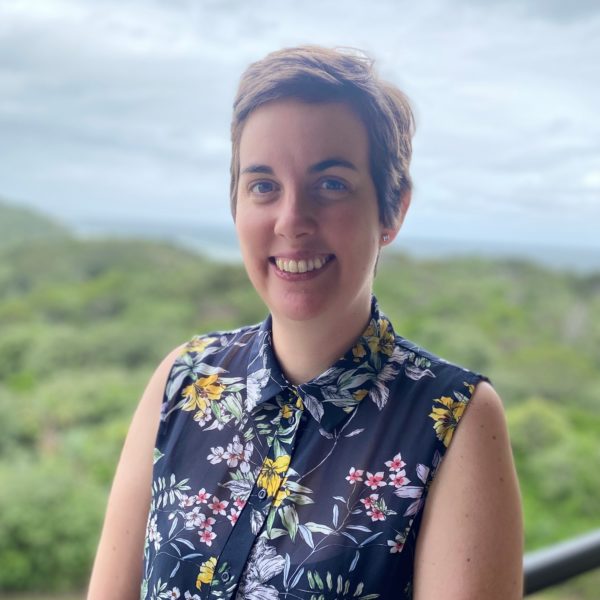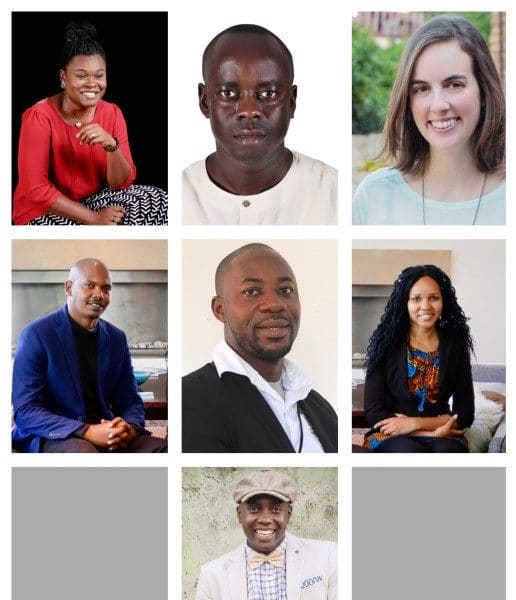We are experiencing a world that seems to be increasingly connected and yet, disconnected. Citizens engage and organize across state boundaries, the politics of one state has ripple effects well beyond its geographical scope, and international and regional institutions and agreements are the site of some of the most hotly contested political issues of the day. Yet as connected as we may appear, citizens remain, by definition, citizens of a particular state. In this role, citizens appear to feel disconnected from their political actors; for many, the state seems to have roamed way beyond their ability to hold it accountable, or contribute to its decision-making in the international realm. It is in this context that the workshop will engage with conceptions and practices of citizenship in contemporary democracies.
The two-day workshop will begin with a closed session discussing Christine Hobden’s book manuscript that develops a state-based, but globally-oriented conception of citizenship. This conception responds to both the increasing polarization between nationalists and those who view themselves as citizens of the world, and the expanding responsibility gap between states that perpetuate global injustices and the citizens in whose name they act. The book argues that citizens of liberal western democracies can be held collectively morally responsible for the unjust acts of their state in the international realm. As such, while citizenship is state-based, citizens have duties of global justice that are grounded in virtue of their citizenship of a particular state. The book explores how this conception of citizenship approaches the conditions of contemporary societies: citizens of vastly differing wealth and education; states that often act beyond the realm of their mandate; semi-democratic regimes; and the rise of non-citizen residents. It advocates for an active citizenry, with obligations to make use of a wide-range of democratic channels in the pursuit of justice, including social media and consumer activism.
The second day of the workshop will include presentations from local and international scholars on other related aspects of citizenship in the democracies we have. Topics will range from migration and borders to civic education, dual allegiances, and collective responsibility.
Further details, and opportunity to sign up for limited spaces, will be made available in March.


